Awesome Project: STREETS Ministries uses data to diversify funding streams
Published April 12, 2018
For faith-based community organizations, fundraising can pose particular opportunities and challenges. Megan Klein, Chief Development & Communications Officer at STREETS Ministries in Memphis, puts it this way: “It’s heaven and hell all together.”
STREETS was founded in 1987 and provides wraparound services to at-risk, low-income kids to help them reach their full potential. While the organization has long been able to rely on area churches to meet a portion of its budget, Klein says those donations have been static for the past handful of years. Government funding is hard to come by, due to “church and state” concerns. Corporate and other private donors can feel uncomfortable giving when they don’t share STREETS’ faith.
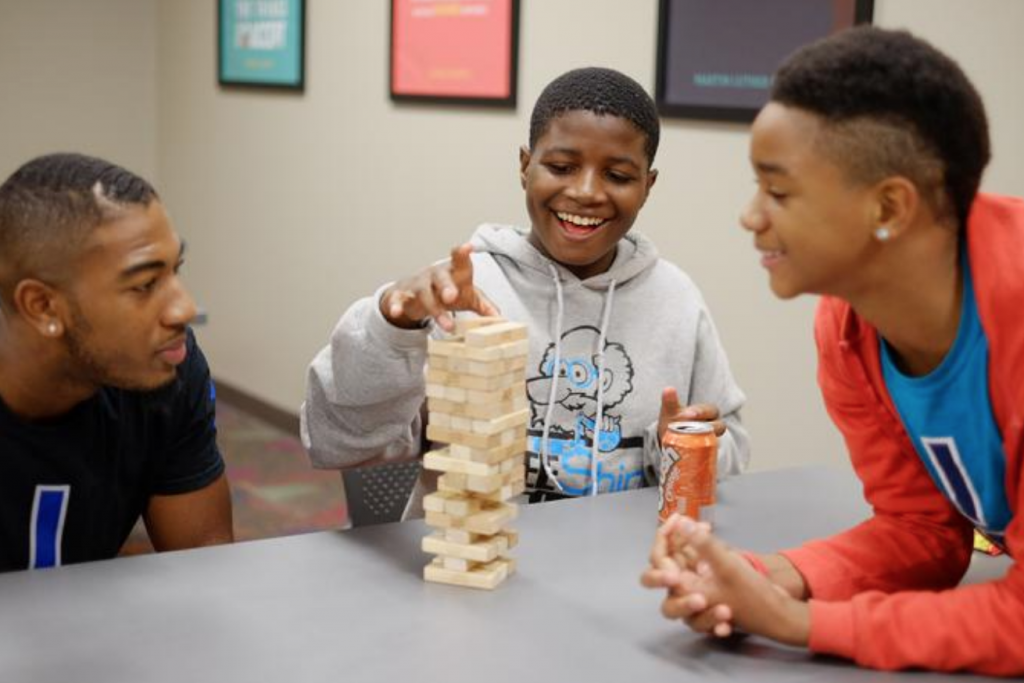 [All photos and video courtesy STREETS’ ioby page]
[All photos and video courtesy STREETS’ ioby page]
Klein understands where these funders are coming from. But instead of acquiescing to a limited donor pool and low-bar budget goals, she crunched the numbers and got to work diversifying her organization’s funding streams. How’d she do it? By…
1. Identifying a specific need —with data
When STREETS’ Executive Director Reggie Davis came on board, Klein says he implemented the software platform Salesforce to keep the organization’s membership records and other information. The change opened up “a world of data” the staff could use to strategically plot its next moves. “We’ve developed our program to look at pre- and post-testing results to measure our effectiveness,” Klein says. “We look at the effect of our program on school attendance: on tardiness and delinquency. We look to answer the questions: Is what we’re offering enough? Are we really meeting students’ needs? Are we just treating the symptoms, or actually getting at the root?”
STREETS recently applied for and won a $5,400 capacity-building grant from the Community Foundation of Greater Memphis (CFGM) to provide trauma-informed care training from the Memphis Family Connection Center to their staff members and volunteer mentors. “This training will help our service team recognize the signs of trauma and ask our members, ‘What happened to you?’ versus ‘What’s wrong with you?’” Klein explains.
The CFGM award stipulated that STREETS obtain matching funding before their grant money would be released, so Klein organized the ioby campaign “Serving Students better at STREETS” to raise it. It was a bonus that, as Klein says, “people love a match.”
While STREETS offers a variety of “whole child” programming, Klein knew that fundraising for a specific need like trauma training would help potential donors clearly envision the impact their dollars would have, which is always a great incentive to give. By the time it ended, their campaign had exceeded its goal—and the match requirement—and raised a total of $6,525.
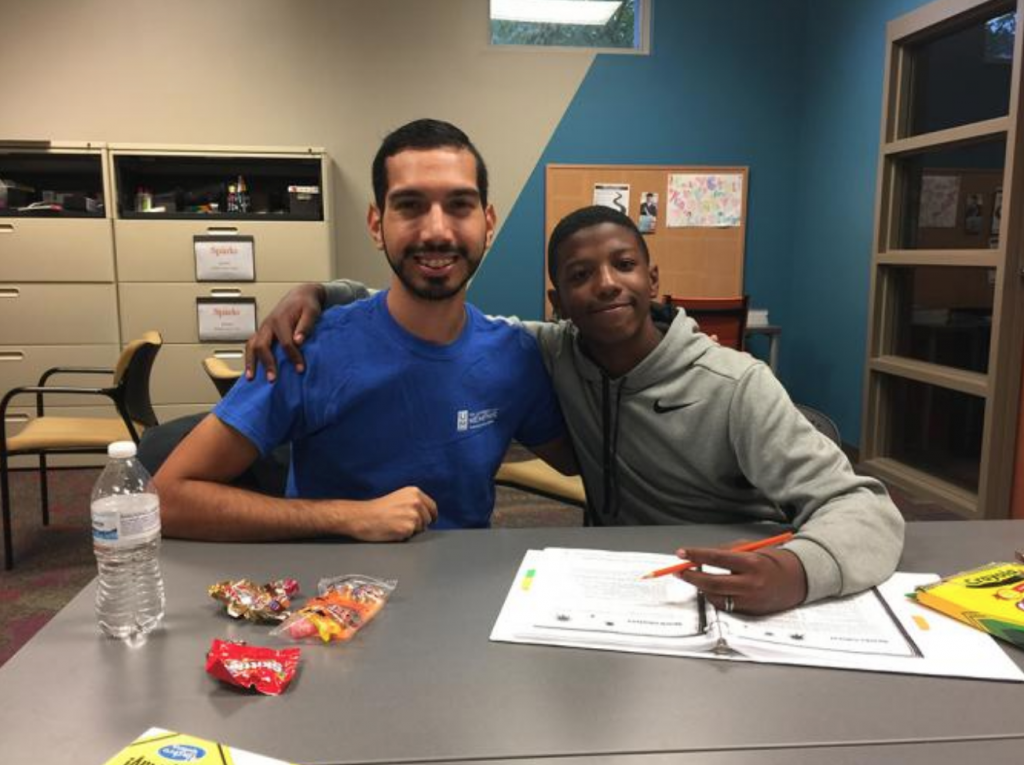
2. Activating the board—with expertise
Klein wrote into the terms of their CFGM grant that STREETS would get their crowdfunding campaign going with support from their board, then go live to the public. “That made sense from ioby’s side and from our side,” she says. She started by having “candid conversations” with her board members to let them know about the campaign, then worked with Ellen Roberds, ioby’s Senior City Action Strategist, to get them engaged.
“Ellen gave me mind-blowing statistics that helped me communicate to our board that posting something on Facebook is not enough,” Klein says. “Ellen could say something like, ‘A personal ask is three times more likely to result in a donation than a social media post,’ and it was really credible because she came from outside the organization. Suddenly, it wasn’t just me telling them; it was an expert from ioby who had all this good data. So the info ioby gave us was really compelling, but the delivery method was also important.”
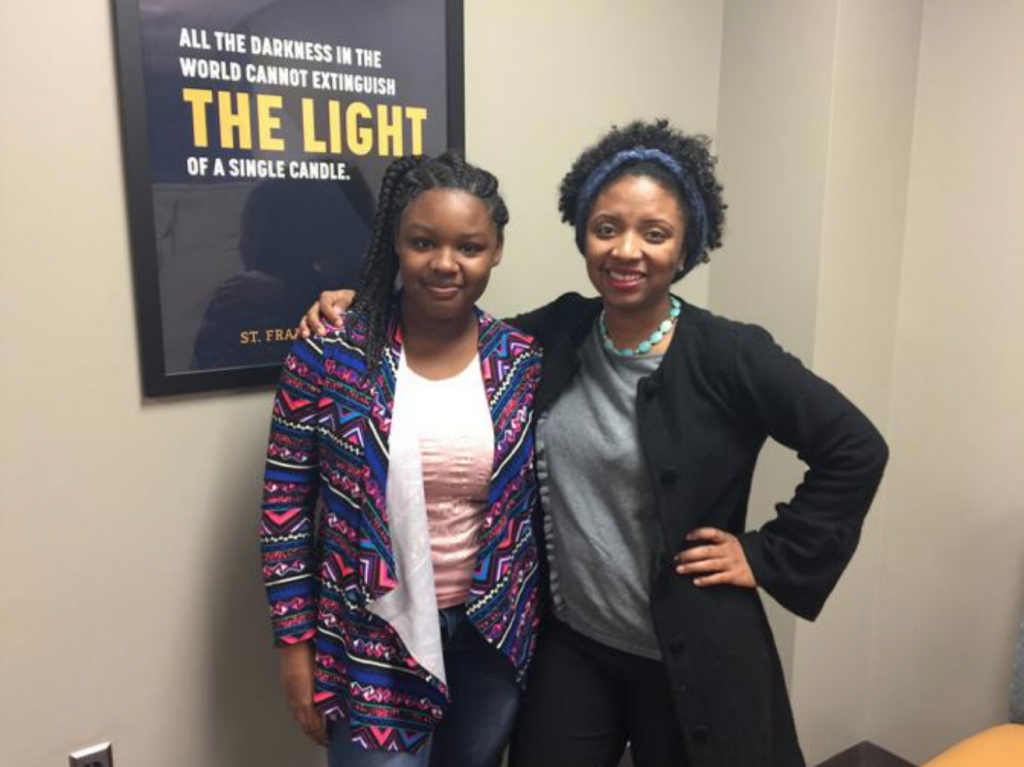
After those initial conversations, Klein began a series of simple, actionable communications with her board members that explained how the campaign would roll out and how they could help. “A lot of the time, I just peeled the language from emails I got from ioby,” she said. “They laid out: Step 1, Step 2, with bullet points and links so it was very easy.” Little by little, questions, donations, and help from board members trickled in. Eventually they made their goal.
“It was good for our board to see what fundraising takes,” Klein says. “It takes repetition, direct contact… Not just a Facebook post or a tweet. It’s relationship-driven, it’s personal. As Ellen said, it’s about activating individuals to do a heavy lift with you—not about plastering social media.”
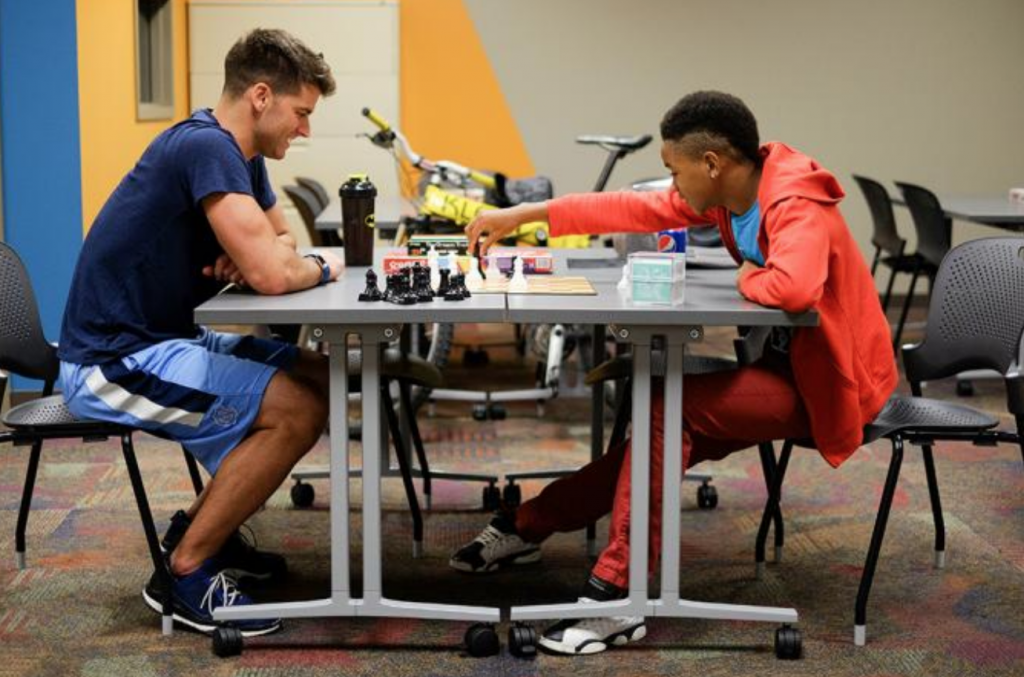
3. Using crowdfunding to find new audiences—with strength in numbers
Prior to her joining the team two years ago, Klein says STREETS had been reliant on one funder for over half their annual budget. That meant her first goal was diversifying their funding base. She’s employed all the usual suspects—events, direct mail, grantwriting—and she’s worked to “silo” the outcomes of STREETS’ work so that secular companies like FedEx and International Paper could feel good about donating to the mentoring, early literacy, academic, and career preparatory aspects of their program.
“Data has really opened some doors for us,” Klein says. “But we wanted to use crowdfunding to expose us to a whole different following. For me, in a small development team role, it really came down to the tools ioby provides in terms of creating your village and having your village do the lift with you. It’s all about connections, whether that’s a Sunday school class or a support group or a soccer league: it’s the human connection. The tools ioby provides let you put that into perspective: the workload required, the deadlines you need… It’s all there.”
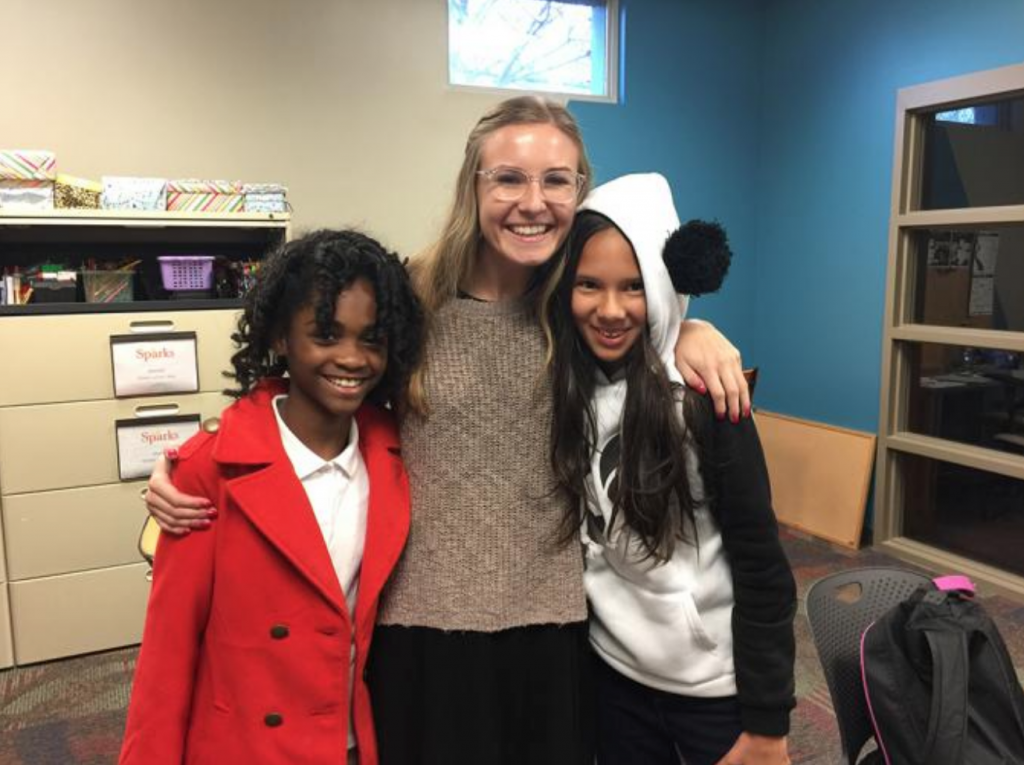
Trauma-informed care training is starting soon for STREETS’ service team, and is slated to conclude by December of next year. “I would like to see this as one of the first steps we make toward providing more robust personal and professional development for our staff,” Klein says. “We need ongoing training to become a next-level organization, to be a premium services provider, and to lead the way for our youth development partners in our city.”
